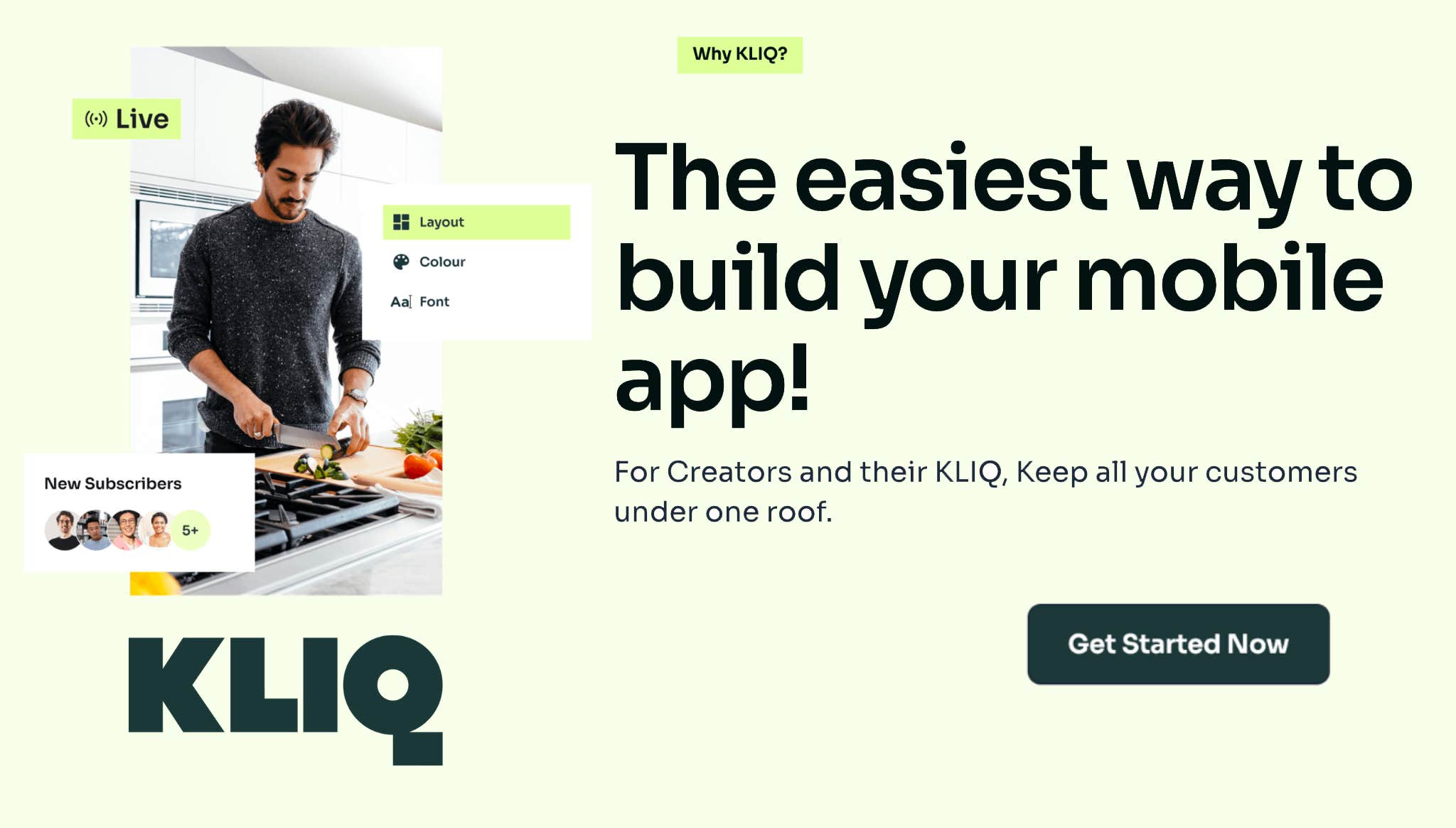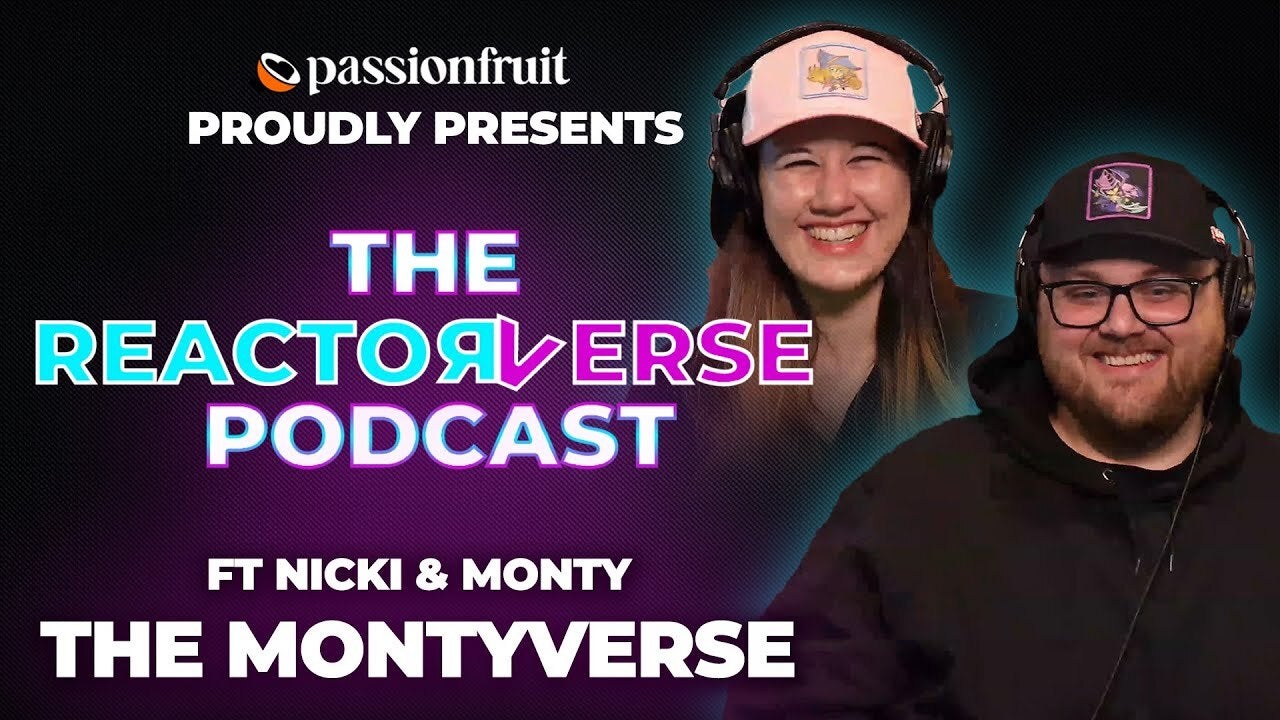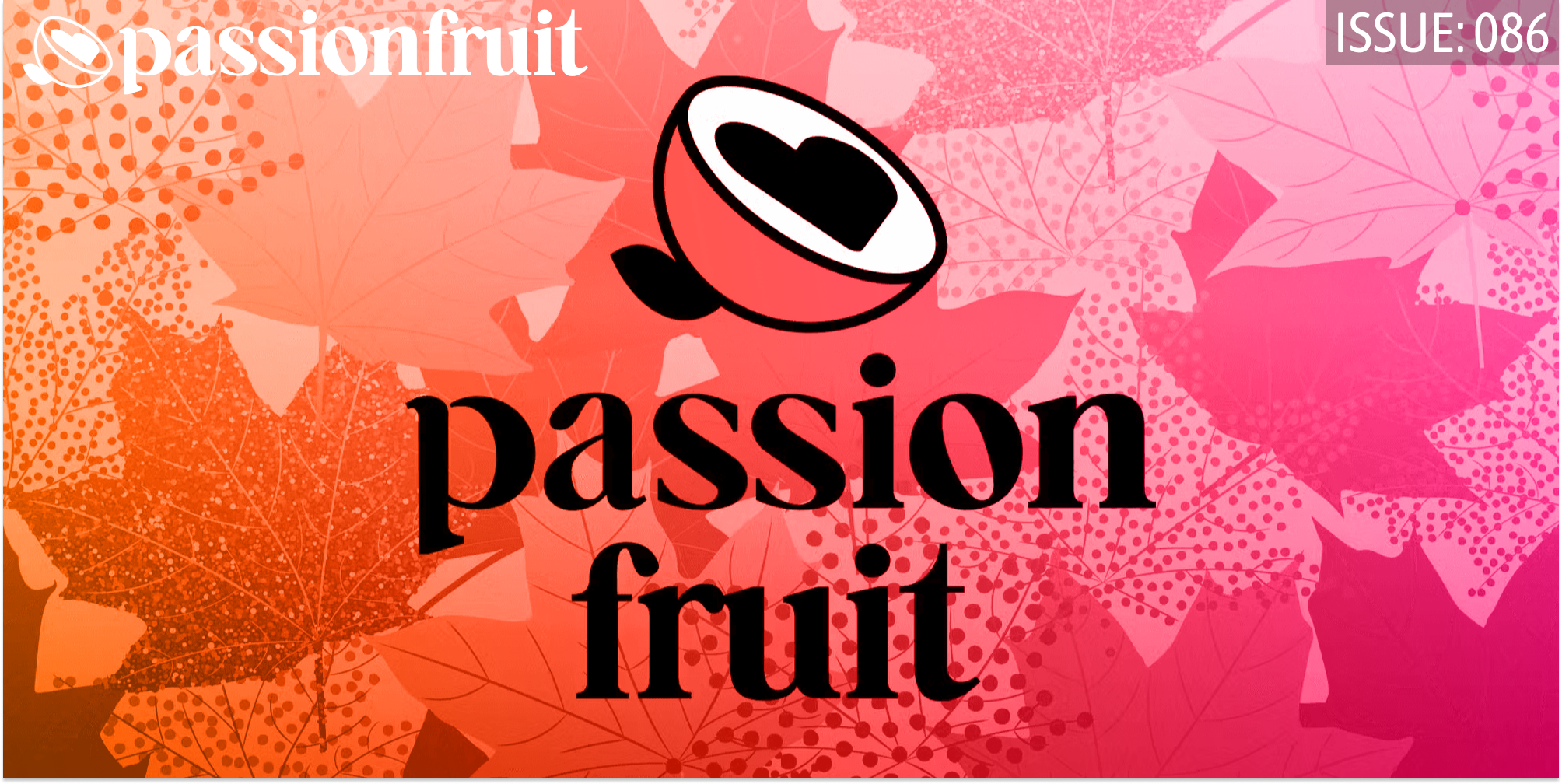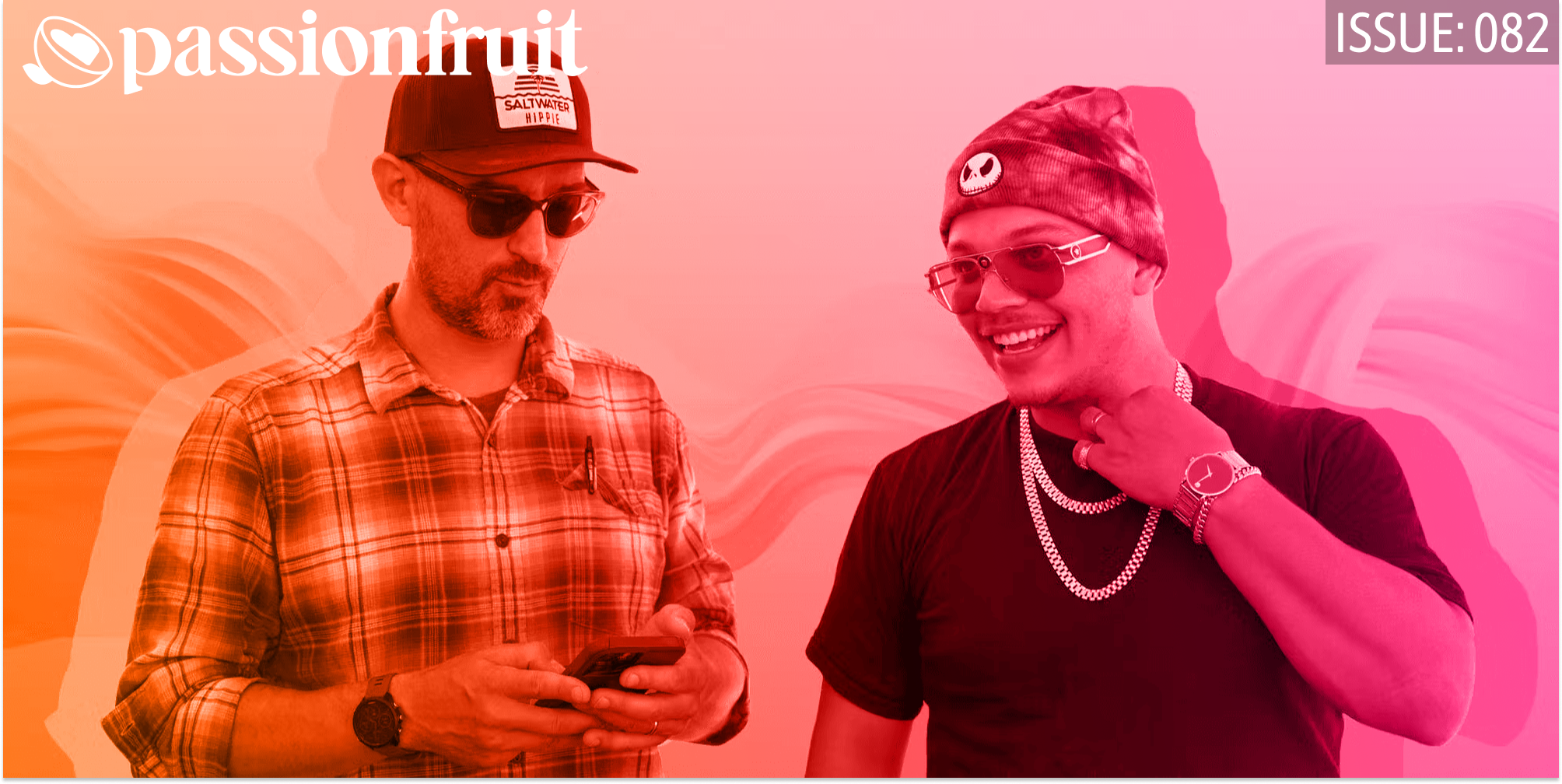CREATOR NEWSLETTER
Issue #231 | April 23, 2024
THE COMMENTS SECTION
“Companies like Meta will say they’re not responsible for user-generated content — they don’t make it, they just moderate it. The ad stuff is even more egregious. It suggests that companies like Meta can’t even keep track of who is paying them and the content their apps endorse.”
— NBC Reporter Kat Tenbarge.
– Grace Stanley, Deputy Editor
PERSONALITIES
YouTube Channel Watcher Apologizes After Massive Fan Backlash to Streaming Service Launch
The Watcher trio has apologized and admitted it was a ‘serious learning experience.’
By Steven Asarch, Passionfruit Contributor

SPONSORED

Frustrated with not making enough money?
Sell subscriptions, offer exclusive content, host paid live streams, and seamlessly sell merch – all within your own mobile app, built on KLIQ. If you’re a Creator focused on Food, Podcast, Education, Fitness, or have an engaged audience, gain early access and start building your app for free.
IN THE BIZ
- According to a new report by influencer marketing firm Izea, Amazon is dominating the creator economy.
- Twitch is set to launch its own version of a “For You Page” called the Twitch Discovery Feed.
- The House of Representatives has fast-tracked new TikTok legislation, bundling it with a crucial foreign aid package.
TIPS & TRICKS
What Is the Creator Economy? A Beginner’s Guide To Making a Living Making Stuff
There’s more to it than YouTube and TikTok.
By John-Michael Bond, Passionfruit Contributor
PLATFORMS
Social Media Can’t Escape Taylor Swift
How much Taylor Swift is too much?
By Charlotte Colombo, Passionfruit Contributor
JOB BOARD
- Astronomy YouTuber AstroKobi is looking for a video editor.
- Tech and lifestyle YouTuber Shelby Church is looking for a writer/editor.
- Foodie channel Jolly is looking for a YouTube Shorts editor.
YOUTUBE MADE ME DO IT
This week, Nicki and Monty from The Montyverse are bringing their passion for comic books, Star Wars, and Power Rangers to the Reactorverse Podcast. After starting their channel during the pandemic, they’ve built a thriving community.

Copyright © 2024 Passionfruit, All rights reserved.
You are receiving this email because you signed up to get the latest tips, tricks,
and trends in the creator economy from Passionfruit.
Have an idea for our next big story or want to get featured? Email us at tips@passionfru.it
Don’t want to hear from us anymore?
Click here to unsubscribe
To view in your browser click here






